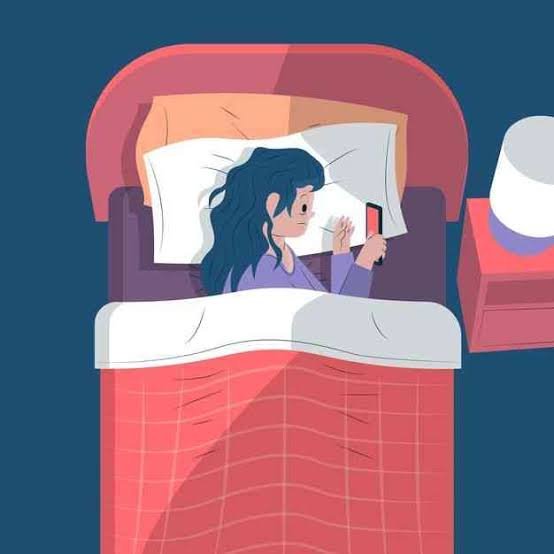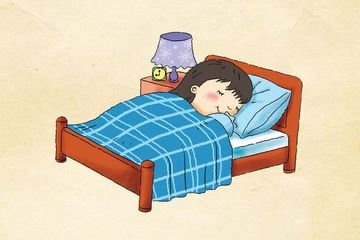The Impact of Staying Up Late and the Importance of Healthy Sleep Patterns for Teenagers
Staying up late can reduce concentration, productivity, and health in teenagers. It's crucial for them to adopt healthy sleep patterns from an early age.
Adolescence is a crucial period in a person's physical, mental, and emotional development. During this time, the body undergoes various changes that require support from a healthy lifestyle. One way to achieve this is through adequate and quality sleep. However, many teenagers have a habit of staying up late for various reasons, from piling up schoolwork to excessive use of gadgets at night. This habit, if continued, can negatively impact adolescents' health and quality of life.
According to the National Sleep Foundation, the normal sleep requirement for teenagers is 8-10 hours per day. During rest, the body works to support healthy brain function, maintain physical and mental health, and support healthy growth and development.
Causes and Negative Impacts of Staying Up Late Among Teenagers
Many teenagers still haven't paid serious attention to sleep patterns that meet their physiological needs. This is influenced by various factors, such as studying late at night, using electronic devices close to bedtime, an unconducive environment, lifestyle habits, late-night television viewing, excessive gaming, and psychological stress that triggers excessive cognitive activity before bed.
Poor sleep patterns resulting from excessive late-night sleep habits can significantly impact daily activities. Common effects include decreased immunity, reduced productivity, difficulty concentrating, and emotional instability. Furthermore, chronic sleep disorders can also impact cognitive function, increase the risk of prolonged stress, and disrupt hormonal balances that play a vital role in metabolism and decision-making. If left untreated, this condition can hinder academic achievement and the overall psychosocial development of adolescents.
Strategies for Implementing Healthy Sleep Patterns
To help teenagers adopt healthy sleep patterns, an approach that includes behavioral changes, education, and environmental adjustments is needed. One effective strategy is maintaining consistent bedtimes and wake-up times, including on weekends. Furthermore, limiting the use of electronic devices such as cell phones and computers at least one hour before bed has been shown to improve sleep quality, as the blue light from gadget screens can inhibit the production of melatonin, a hormone that regulates the sleep cycle.
Adolescents are also advised to create a calming nighttime routine, such as reading a book or practicing relaxation techniques, to prepare the body for rest. Parental support and a supportive environment, including scheduling study time and daily activities, also play a crucial role in establishing good sleep habits. These strategies can significantly improve the duration and quality of adolescents' sleep, as well as support their long-term physical and mental balance.



Congratulations!
Your post has been manually upvoted by the SteemPro team! 🚀
This is an automated message.
If you wish to stop receiving these replies, simply reply to this comment with turn-off
Visit here.
https://www.steempro.com
SteemPro Official Discord Server
https://discord.gg/Bsf98vMg6U
💪 Let's strengthen the Steem ecosystem together!
🟩 Vote for witness faisalamin
https://steemitwallet.com/~witnesses
https://www.steempro.com/witnesses#faisalamin